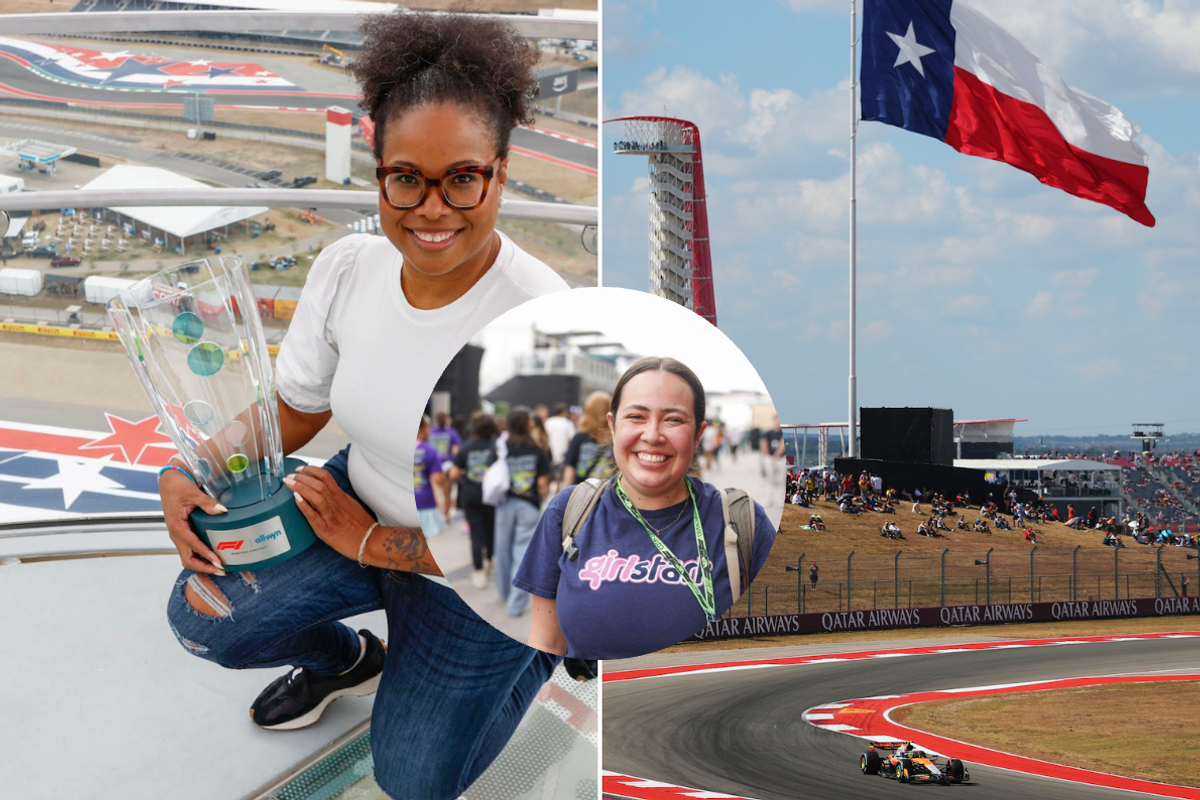
Violent media is making us violent. You'd never have guessed it.
A new study from Iowa State University has found that violent media use was positively and significantly related to aggressive behaviour and it didn't differ across cultures.
The researchers also found that exposure to this was related to "heightened aggressive thinking and lowered empathy" and the effect of media violence was larger than all other risk factors except peer delinquency that make people aggressive.
As well as measuring media violence, researchers examined five other risk factors: neighbourhood crime, peer delinquency, peer victimisation, gender and abusive parenting.
Researchers studied levels of aggressive behaviour and empathy in over 2,000 teenagers and young adults in Australia, China, Croatia, Germany, Japan, Romania and the United States.
The participants were asked to list their most frequently consumed TV shows, movies and video games, and to rate the level of violence in each.
Craig Anderson, a Professor of psychology at Iowa State University, who led the study said:
This is strong evidence that the main psychological processes that cause repeated media violence exposure to lead to increased aggressiveness are essentially the same across cultures, at least during normal times.
However, we believe that local cultural and social conditions may influence such processes when those conditions are more extreme.
Peer delinquency was the most risky factor in making someone a violent person (28 per cent), violence in the media was second (23 per cent), followed by peer victimisation (17 per cent), gender (12 per cent), neighbourhood crime (11 per cent) and abusive parenting (9 per cent).
Douglas Gentile, an Iowa State University professor of psychology, who co-authored the study said:
The findings strongly suggest that media violence is similar to other known risk factors for aggression.
That's not to say media violence deserves special attention, but that it should be considered as seriously as other risk factors such as coming from a broken home.
What matters most, however, is not any single risk factor, but how they can combine to increase the risk of aggression.
There are highly motivated groups dedicated to denying scientific findings of harm, such as the tobacco industry's decades-long denial of harmful effects of their products on cancer.
This study clearly contradicts the denialism that currently dominates news media stories on media violence effects.
HT Eureka Alert
More: On National Gun Violence Awareness Day - here are two maps of all US mass shootings in 2016 so far













